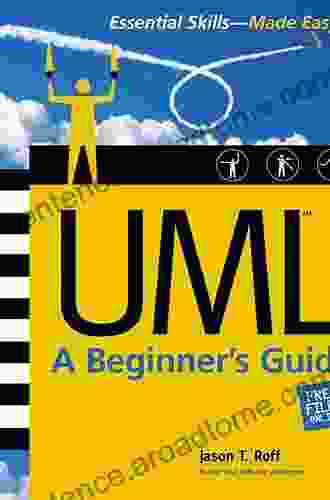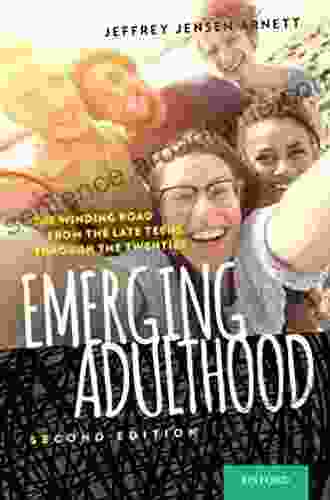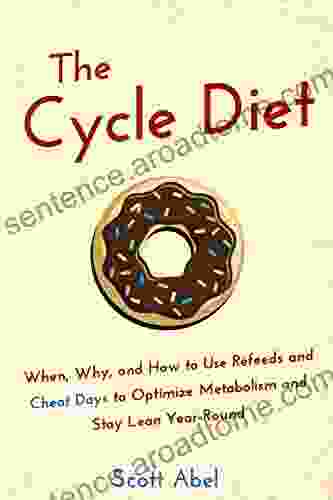Reflective Writing In Medical Practice: A Journey of Self-Discovery and Growth

The practice of medicine is a demanding and often stressful profession. Healthcare professionals witness firsthand the complexities of life and death, and they must make critical decisions that can have a profound impact on their patients' well-being. In Free Download to thrive in this challenging environment, reflective writing is an essential tool that allows healthcare professionals to examine their own thoughts, feelings, and experiences, and to learn from them.
Reflective writing can take many forms, from journaling to blogging to creating personal narratives. Regardless of the format, the goal of reflective writing is to help healthcare professionals gain a deeper understanding of themselves and their work. By exploring their own experiences, healthcare professionals can identify their strengths and weaknesses, develop coping mechanisms for dealing with stress, and cultivate empathy and compassion for their patients.
4.8 out of 5
| Language | : | English |
| File size | : | 3550 KB |
| Text-to-Speech | : | Enabled |
| Enhanced typesetting | : | Enabled |
| Print length | : | 357 pages |
| Screen Reader | : | Supported |
The Benefits of Reflective Writing
There are numerous benefits to reflective writing in medical practice. Some of the most important benefits include:
- Improved self-awareness. Reflective writing helps healthcare professionals to gain a better understanding of their own thoughts, feelings, and motivations. This can lead to increased self-awareness, which is essential for making sound decisions and providing high-quality patient care.
- Increased stress resilience. Reflective writing can help healthcare professionals to develop coping mechanisms for dealing with stress. By processing their own experiences, they can identify the sources of stress in their lives and develop strategies for managing it.
- Enhanced empathy and compassion. Reflective writing can help healthcare professionals to develop empathy and compassion for their patients. By exploring their own experiences, they can gain a deeper understanding of the challenges that patients face.
- Improved patient care. Reflective writing can help healthcare professionals to provide better patient care. By gaining a deeper understanding of their own thoughts and feelings, they can develop more effective communication skills and build stronger relationships with their patients.
How to Get Started with Reflective Writing
Getting started with reflective writing is simple. All you need is a pen and paper, or a computer and word processing software. There are no rules about how often or how much to write. The important thing is to find a rhythm that works for you and to stick with it.
Here are a few tips for getting started with reflective writing:
- Choose a topic that is meaningful to you. Reflective writing is most effective when it explores topics that are important to you. This could be a challenging patient case, a difficult ethical decision, or a personal experience that has had a significant impact on your life.
- Write in a stream of consciousness. Don't worry about grammar or spelling. Just focus on getting your thoughts and feelings down on paper. You can always edit and revise your writing later.
- Be honest with yourself. Reflective writing is a time to be honest with yourself about your thoughts, feelings, and experiences. Don't try to sugarcoat anything or pretend to be someone you're not.
- Reflect on your experiences. Once you have finished writing, take some time to reflect on your experiences. What did you learn about yourself? What could you have done differently? What are the implications of your experiences for your work as a healthcare professional?
Reflective Writing Prompts
If you're not sure what to write about, here are a few prompts to get you started:
- Describe a challenging patient case that you have experienced. What were the ethical issues involved? How did you make your decision?
- Discuss a time when you made a mistake in your work. What happened? What did you learn from the experience?
- Reflect on a time when you felt overwhelmed or stressed in your work. What caused the stress? How did you cope with it?
- Describe a time when you felt particularly grateful for your work as a healthcare professional. What made the experience so rewarding?
Reflective writing is an essential tool for healthcare professionals who want to grow and learn from their experiences. By exploring their own thoughts, feelings, and motivations, healthcare professionals can develop self-awareness, resilience, empathy, and compassion. These qualities are essential for providing high-quality patient care and for thriving in the challenging field of medicine.
If you are interested in learning more about reflective writing, there are many resources available online and in your community. You can also find support from colleagues, mentors, or a therapist. With time and practice, reflective writing can become a powerful tool for personal and professional growth.
Additional Resources
- Reflective writing - RCPCH
- The Power of Reflective Writing in Medical Education: A Systematic Review
- Using Reflective Writing to Enhance Professional Development
4.8 out of 5
| Language | : | English |
| File size | : | 3550 KB |
| Text-to-Speech | : | Enabled |
| Enhanced typesetting | : | Enabled |
| Print length | : | 357 pages |
| Screen Reader | : | Supported |
Do you want to contribute by writing guest posts on this blog?
Please contact us and send us a resume of previous articles that you have written.
 Book
Book Novel
Novel Page
Page Chapter
Chapter Text
Text Story
Story Genre
Genre Reader
Reader Library
Library Paperback
Paperback E-book
E-book Magazine
Magazine Newspaper
Newspaper Paragraph
Paragraph Sentence
Sentence Bookmark
Bookmark Shelf
Shelf Glossary
Glossary Bibliography
Bibliography Foreword
Foreword Preface
Preface Synopsis
Synopsis Annotation
Annotation Footnote
Footnote Manuscript
Manuscript Scroll
Scroll Codex
Codex Tome
Tome Bestseller
Bestseller Classics
Classics Library card
Library card Narrative
Narrative Biography
Biography Autobiography
Autobiography Memoir
Memoir Reference
Reference Encyclopedia
Encyclopedia Jason Romano
Jason Romano Oliver Roeder
Oliver Roeder William Turnbull
William Turnbull James Spada
James Spada Mithun Satheesh
Mithun Satheesh Jayne K Drake
Jayne K Drake Jason Kridner
Jason Kridner Natasha Kuhrt
Natasha Kuhrt Jed Baker
Jed Baker Jeffrey Winzant
Jeffrey Winzant Jean Stokes
Jean Stokes Jennifer Atkins
Jennifer Atkins Jason Dick
Jason Dick Sam Budiartho
Sam Budiartho Moustafa Bayoumi
Moustafa Bayoumi Mark Conner
Mark Conner James Lewes
James Lewes John Edwards
John Edwards Jason Lengstorf
Jason Lengstorf Jonathan Mortelec
Jonathan Mortelec
Light bulbAdvertise smarter! Our strategic ad space ensures maximum exposure. Reserve your spot today!
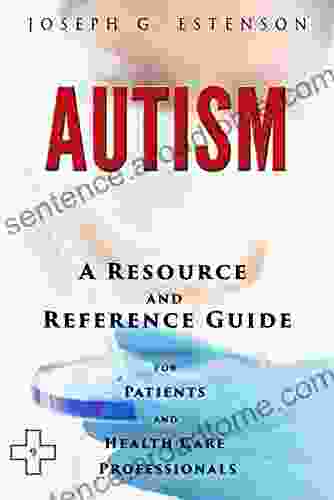
 Graham BlairAutism Reference Guide Bonus Downloads: The Hill Resource And Reference Guide
Graham BlairAutism Reference Guide Bonus Downloads: The Hill Resource And Reference Guide
 Carlos FuentesDive into the Enchanting World of "The Small House" by Jay Shafer: A Literary...
Carlos FuentesDive into the Enchanting World of "The Small House" by Jay Shafer: A Literary... Albert CamusFollow ·9.7k
Albert CamusFollow ·9.7k Benjamin StoneFollow ·16.9k
Benjamin StoneFollow ·16.9k Desmond FosterFollow ·2.6k
Desmond FosterFollow ·2.6k Andrew BellFollow ·2.3k
Andrew BellFollow ·2.3k Lord ByronFollow ·17.1k
Lord ByronFollow ·17.1k Daniel KnightFollow ·15.5k
Daniel KnightFollow ·15.5k Martin CoxFollow ·13.2k
Martin CoxFollow ·13.2k Floyd PowellFollow ·3.1k
Floyd PowellFollow ·3.1k
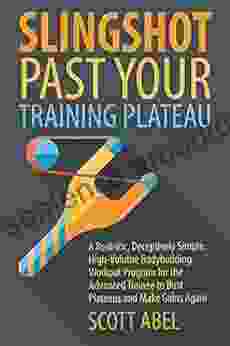
 Davion Powell
Davion PowellUnlock Your Muscular Potential: Discover the...
Are you tired of bodybuilding programs...
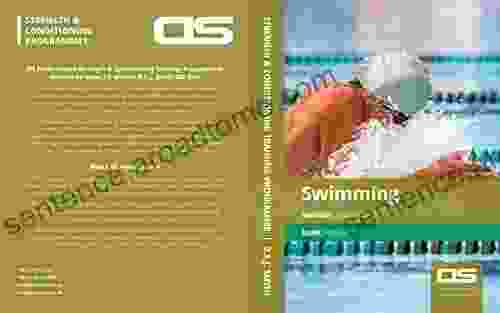
 Enrique Blair
Enrique BlairDominate the Pool: Conquer Performance with the DS...
As a swimmer, you...

 Christopher Woods
Christopher Woods"The Physics of Getting Out of Your Own Way": A Journey...
Break Free from...
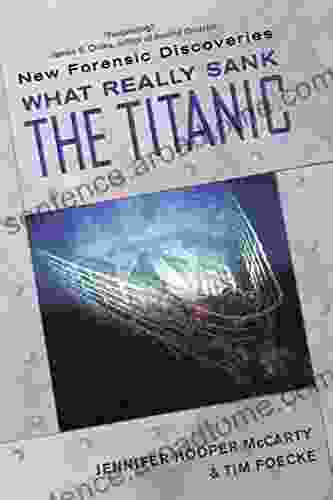
 Milan Kundera
Milan KunderaWhat Really Sank The Titanic: New Forensic Discoveries
The sinking of the RMS...
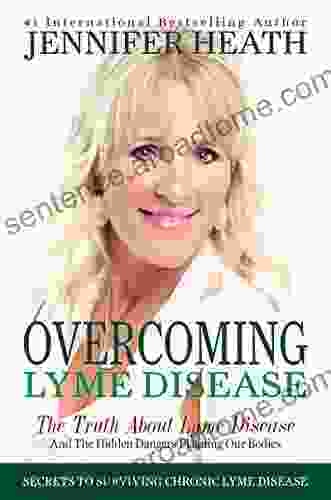
 Ralph Waldo Emerson
Ralph Waldo EmersonUnveiling the Truth: Exposing the Hidden Dangers of Lyme...
In the realm of chronic illnesses, Lyme...
4.8 out of 5
| Language | : | English |
| File size | : | 3550 KB |
| Text-to-Speech | : | Enabled |
| Enhanced typesetting | : | Enabled |
| Print length | : | 357 pages |
| Screen Reader | : | Supported |



